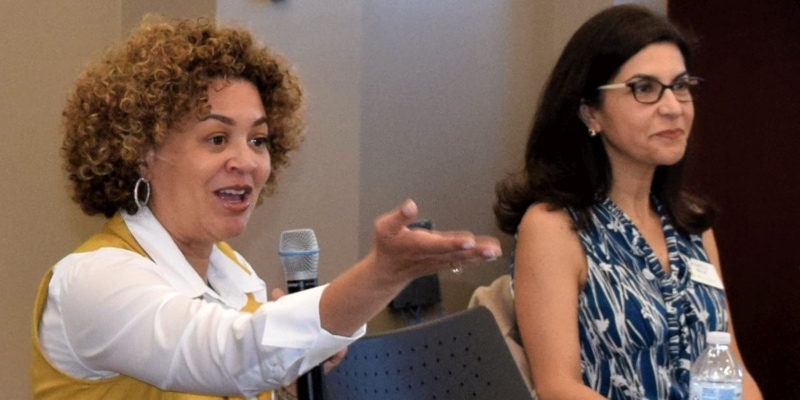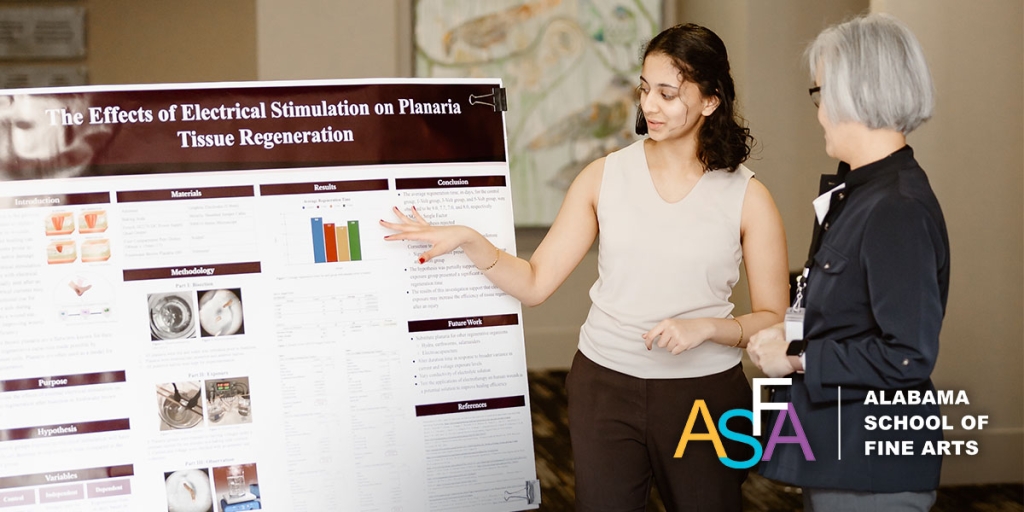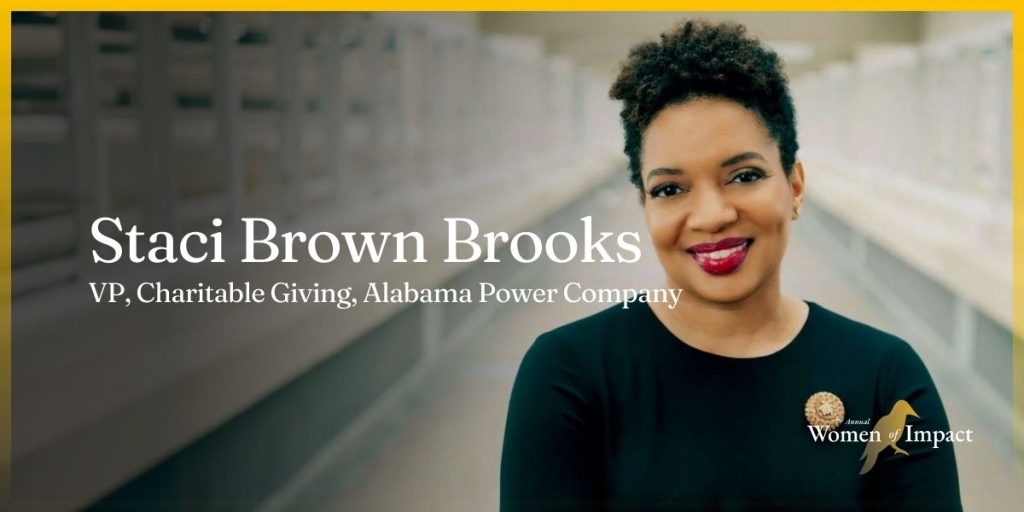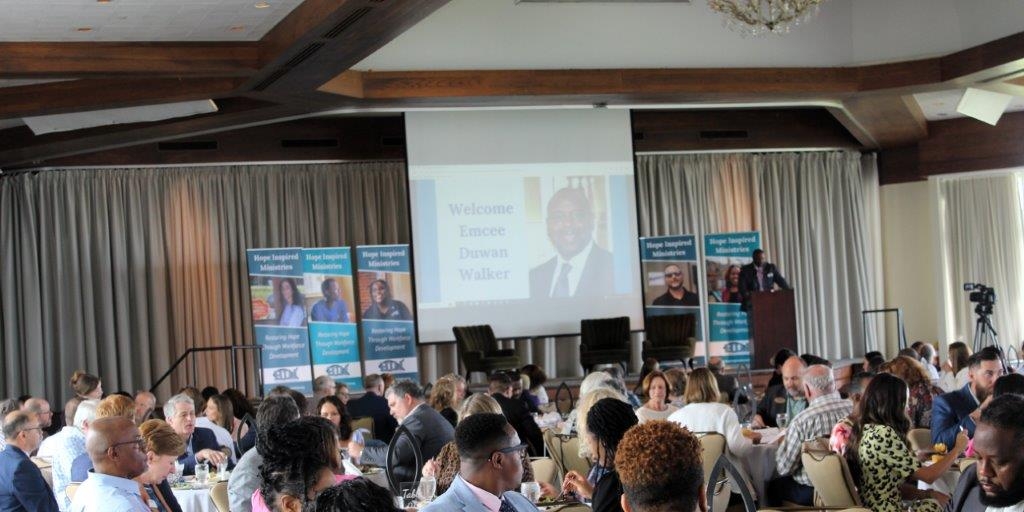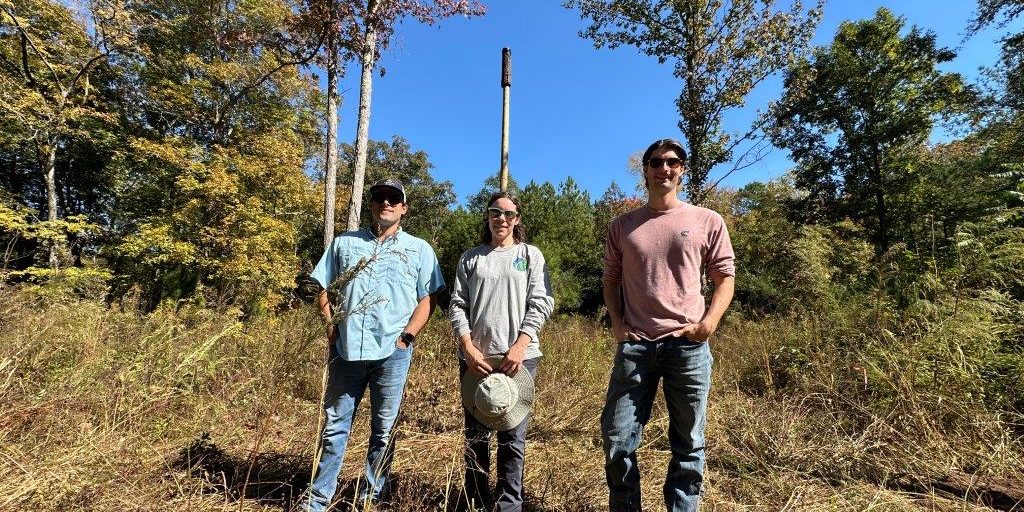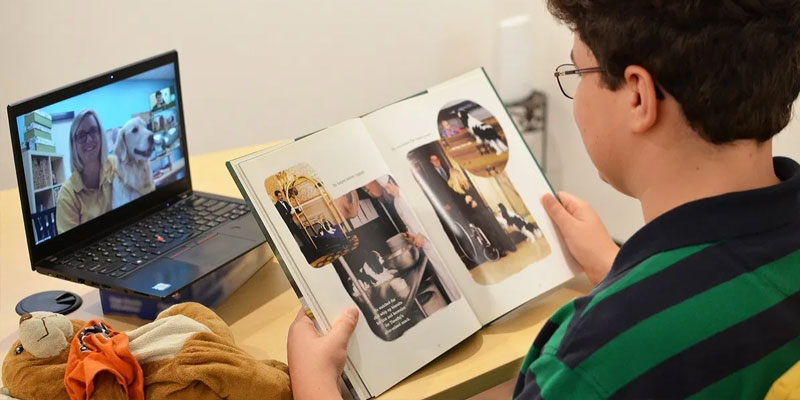As the state’s largest corporate foundation, the Alabama Power Foundation is a force for good, investing nearly $13 million in communities in 2018.
As the Alabama Power Foundation celebrates three decades of service, that focus includes sharing strategies to make the greatest impact possible in Alabama communities. Foundation members held an impact investing roundtable that included about 30 investment partners, who exchanged ideas about investment strategies.
Myla Calhoun, president of the Alabama Power Foundation, said the foundation is pleased to share its work in impact investing with its community partners. During the meeting, the foundation asked its partners from Rockefeller Philanthropy Advisors to provide expert insight around impact investing with local foundations, investment firms and nonprofits.
“We wanted to discuss how it can work to really help grow our communities, which is fundamentally very important to the work we do in the foundation. We spend a lot of time in documenting this work – we’re very thoughtful, both from a workforce and business development aspect,” Calhoun said.
Calhoun noted that investments are made with the intention of generating social impact alongside a financial return. A foundation advisory group considers the charitable impact, profitability and the cost of debt.
The foundation’s 2019 investment portfolio has supported projects addressing such issues as opioid addiction, community development and workforce education. The foundation is now starting to see a desire for this type of tool grow in communities across the state.
Charitable Giving Specialist Allison Swagler-Webb said that the foundation – uniquely positioned to help communities and nonprofits with its assets – wants to grow an impact investing network in Alabama in 2020.
“Our project pipeline is growing rapidly,” Swagler-Webb said. “There’s a real appetite for this type of funding across our state so we want to use what we have learned over the past year to help other foundations get started using these financial tools, as well.”
The meeting provided new insight and inspiration for Daisy Homolka of Alabama Capital Network, a community economic development organization that facilitates growth of Alabama’s entrepreneurial ecosystem.
“I’m really excited to see investing in for-profit business that have financial investments in charitable works, with the focus on helping nonprofits achieve their goals,” said Homolka, ACN business analyst and Venture for America Fellow.
“The work is a great opportunity to marry those philosophic interests with charitable and philanthropic interests,” said Homolka, who graduated from Barnard College in New York with a math and economics degree. “Now, when I see a company that will bring jobs to Alabama, that has social impacts, as well, it can provide dual roles. I know that the Alabama Power Foundation will also give more opportunities to those types of companies to get funding.”
A newfound approach
Greg Ratliff, vice president of Rockefeller Philanthropy Advisors in New York,said he appreciates Alabama Power Foundation’s role in convening this group of investors and peers to help make philanthropy more thoughtful and effective.
“The Alabama Power Foundation’s approach is really exciting,” said Ratliff, who worked at the John D. and Catherine T. MacArthur Foundation and the Bill & Melinda Gates Foundation before joining the RPA team. “They’ve identified a handful of nonprofit and for-profit companies that are bringing goods and services to the region that are really helping address the needs of the low-income population in the area.”
“One of the more exciting things that we talked about is the idea of a collaborative fund that would bring outside investors into the region, pool their capital, and invest in important areas such as education, improving health outcomes, community and economic development, workforce development and areas that would create a more vibrant economy in Alabama,” he added.
Ratliff was excited take part in the roundtable meeting and to hear the plans of other philanthropic groups: “You want to shift to net positive benefactors for society. We want to generate both social and financial returns.”
(Courtesy of Alabama NewsCenter)




